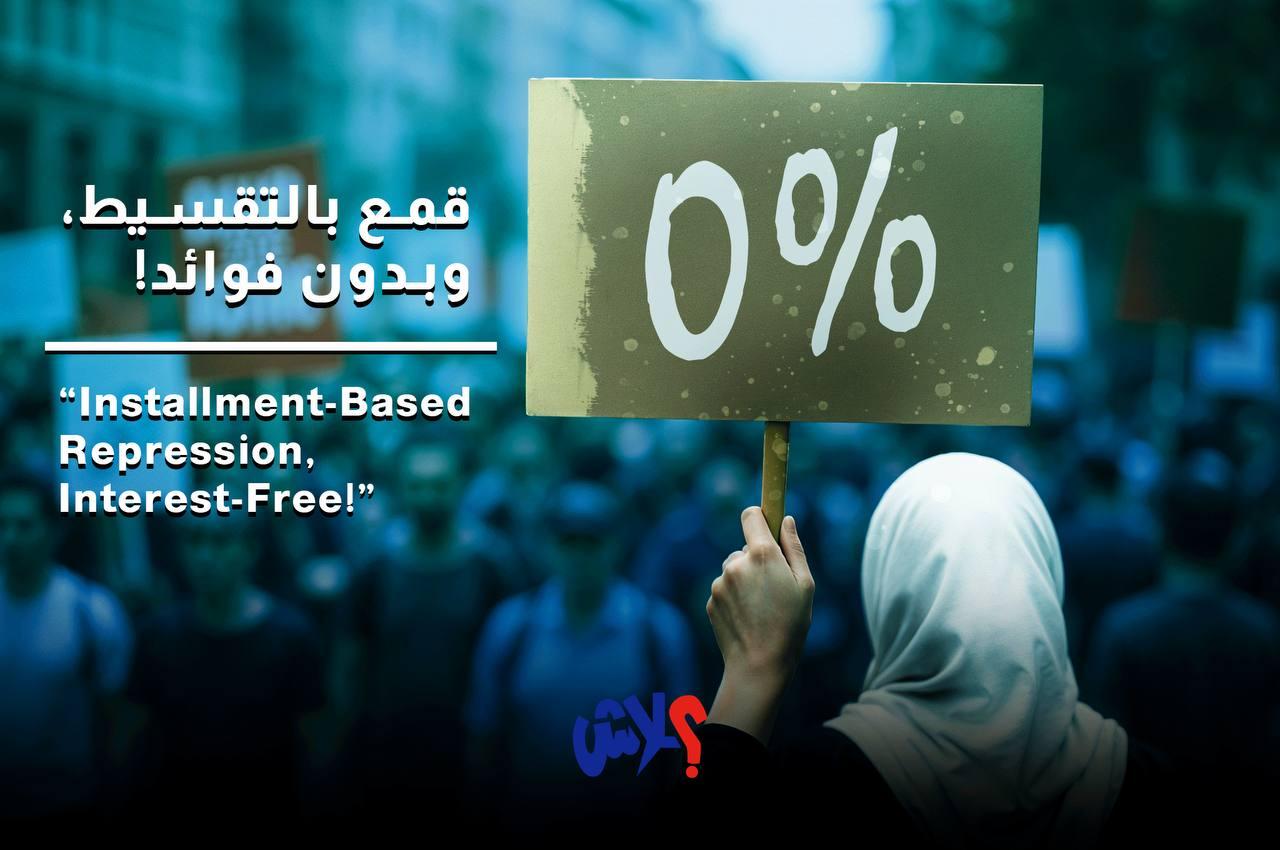Repression in Installments Interest-Free!
In Greek mythology, there’s a tale of the Cyclops giant beings with a single eye in the middle of their foreheads. Though immensely strong, their single vision made them vulnerable. Living isolated in caves, they attacked anything unfamiliar, yet failed to see dangers approaching from angles their one eye couldn’t cover. They simply couldn’t look around.
Today, Libya’s security apparatuses resemble these mythical Cyclopes. Their solitary gaze is fixed solely on regime opponents blinded to the crimes committed in their own name, and to abuses against even their own supporters as long as the regime’s image remains intact. Their methods haven’t changed since Gaddafi’s era: polished slogans, phantom enemies, coerced confessions broadcast on television, and a ritualistic display of force. The outcome remains the same under every regime: a dehumanized victim, an executioner preaching justice, and a cheering public convinced the only enemy is the one who looks, thinks, or prays differently.
In 2011, Libyans rose against a totalitarian regime that institutionalized arbitrary arrests, torture, secret prisons, public executions, and televised forced confessions. They called those acts crimes against humanity. Yet the revolution that toppled Gaddafi did not dismantle the culture of repression it merely distributed it like loot. Today, every security force east and west has its own secret prisons and its own video editors who produce choreographed “confessions” from enemies of the moment.
And no evidence is needed to prove it just scroll through Facebook. You’ll find the same theatrical setup: an angry interrogator, a trembling detainee repeating words that may or may not be true, and comments like: “God bless you, bring them to justice,” or “They deserve it, the dogs,” or “If you do nothing wrong, nothing will happen to you.”
What’s most disturbing is how many of those who once chanted against Gaddafi’s torturers now justify the same brutality when used against “others.” The dissident once accused of heresy is now the one swinging the sword chanting that repression is only evil if he is the one being repressed.
This paradox is not new. History teaches us that revolutions often devour their own. What’s unique in Libya is that the people themselves have become active participants in their own repression. Repression isn’t coming solely from the top it’s being endorsed from below. Citizens rationalize injustice with the hope that staying silent today will protect them tomorrow. But this safety is an illusion.
In sociology, this is called “participatory authoritarianism” a system where potential victims endorse or remain silent about abuses, believing this shields them from harm. But history proves otherwise. In Iraq, for example, Shia and Sunni communities alternated in supporting a brutal state as long as it targeted the other side until the system collapsed into sectarian warfare and everyone paid the price.
Libya is no different. Sufis and Salafis took turns enabling repression as long as it served their cause. Today, both are targets in a rotating cycle of suppression. Public sympathy depends not on justice but on who controls the narrative.
Despite decades of suffering under the same iron fist, many Libyans still believe they can tame the beast. They denounce militias until those militias protect their neighborhoods. They reject political arrests unless it’s a “traitor.” And when videos of confessions appear, the crowd mocks and shames rather than questions the validity of those forced statements.
This is the real catastrophe: when repression becomes palatable because it’s happening to “the enemy,” it becomes a weapon that can and will turn on everyone. The butcher who executes your enemy today won’t hesitate to cut you down tomorrow. Many who were executed or jailed in the 1970s and ‘80s under Gaddafi were once his supporters, even top officials who cheered his coup against the monarchy. They failed to condemn injustice before it reached them and they fell to it just the same.
The Qur’an warns clearly: “Do not incline toward those who do wrong, lest the Fire touch you” (Hud: 113). But in Libya, we continue to lean toward the tyrants, as long as we’re not the ones being burned yet.
Silence in the face of injustice is complicity. Repression doesn’t yield safety it plants the seeds of vengeance. If history teaches us anything, it’s that roles always reverse, and no power lasts forever.
Perhaps one day we’ll realize the Cyclops’s single eye sees too little. That selective justice is no justice at all, but a jungle where the strong devour the weak with applause. Will we wait until we’re all victims before we understand? Or will we finally grasp the moral of the fable: Had the red bull stood up when the white and black bulls were devoured, he might not have been next.

